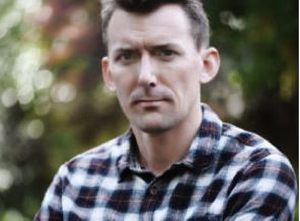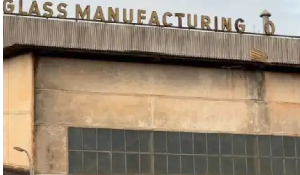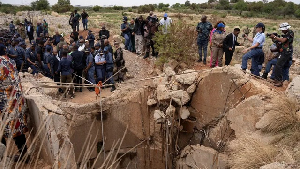President Nana Addo Dankwa Akufo-Addo has said as of Thursday, 30 April 2020, Ghana has “conducted a total of one hundred and thirteen thousand, four hundred and ninety-seven (113,497) tests” for COVID-19, “the most per million people of any country in Africa, with two thousand, and seventy-four (2,074) testing positive”, noting that as the country conducts more tests, more positive cases would be found and isolated in time to curb the spread.
In his May Day speech on Friday, 1 May 2020, he said: “Our recoveries have increased from one hundred and eighty-eight (188) to two hundred and twelve (212), and the number of deaths, sadly, stands at seventeen (17)”.
“Our positivity rate has gone up marginally from 1.5% to 1.8%, six (6) persons are critically ill, and one thousand, eight hundred and thirty-nine (1,839) persons are well and responding to treatment in health facilities or are being managed from home.
“This, in effect, means that there is, presently, no big pressure on our healthcare facilities to manage these cases. We pray to God it stays that way”.
According to him, “steps at increasing further our testing capacity have been taken, with the coming on stream of the Veterinary Laboratory in Accra, the Centre for Scientific and Industrial Research Laboratory also in Accra, the University of Health and Allied Sciences in Ho, and the Veterinary Laboratory in Pong-Tamale, to aid the labours of the Noguchi Research Institute, the Kumasi Centre for Collaborative Research, and the National Public Health Reference Laboratory at the Korle Bu Teaching Hospital”.
The President also said isolation, quarantine and treatment facilities have been identified across the country for use.
“The nation is profoundly grateful to the Church of Pentecost for the generous, Christian gesture of making available its multipurpose Convention Centre, at Gomoa Fetteh, as an isolation centre which can house over one thousand (1,000) persons and three hundred (300) medical staff”, he said.
“It is important for every Ghanaian”, the President said, “to note that the more people we test for the virus, the more persons we will discover as positive, and, thus, have the opportunity to isolate and treat them. The implementation of this strategy of tracing, testing and treating is our surest way of rooting out the virus”.
Mr Akufo-Addo reiterated that should there be a need for stricter measures to contain the spread, his government would not hesitate to impose them.
“As I have stated, time and again, all the measures put in place to combat the spread of the disease are under constant review, and the government will not hesitate to cordon [off], impose a curfew, trace, test, and treat persons in communities where we are witnessing the significant spread of infections.
“I will continue to urge all of us to continue to practise social-distancing, wash our hands with soap under running water, refrain from shaking hands, and, wear our masks whenever we leave our homes. Businesses and other workplaces should operate, and observe staff management and workplace protocols of social distancing. This applies equally forcefully to public transport operators and users of our market places. We must observe these measures religiously, as they are the weapons of our battle against the virus.
“With the suspension of all public gatherings still in force, and our schools closed, Government has taken the decision to extend further, the closure of our borders for a month, effective 1am on Monday, 4th May, until Sunday, 31st May. We know that the overwhelming majority of positive cases came from travellers or contacts of travellers. So, we have no option but to keep our borders closed until we are confident that we have put in place measures to prevent travellers from importing the virus.
“These restrictions cannot and will not be a permanent feature of our lives, but they are, for now, essential to our survival. As I said last Sunday, I shall be outlining, shortly, the steps for, systematically, easing the restrictive measures to bring us back to normality.
The President also urged Ghanaians to stop stigmatising recovered patients.
“I would plead with you – stop the stigmatisation of recovered persons – as it will rather drive people away from getting screened, tested and treated. The stigmatisation of recovered persons must not go on, because if the virus did not end their lives and livelihoods, the stigma from members of their communities should not. The overwhelming majority of them will continue to live perfectly normal lives, and cease to be sources of infections.”
General News of Sunday, 3 May 2020
Source: classfmonline.com

















